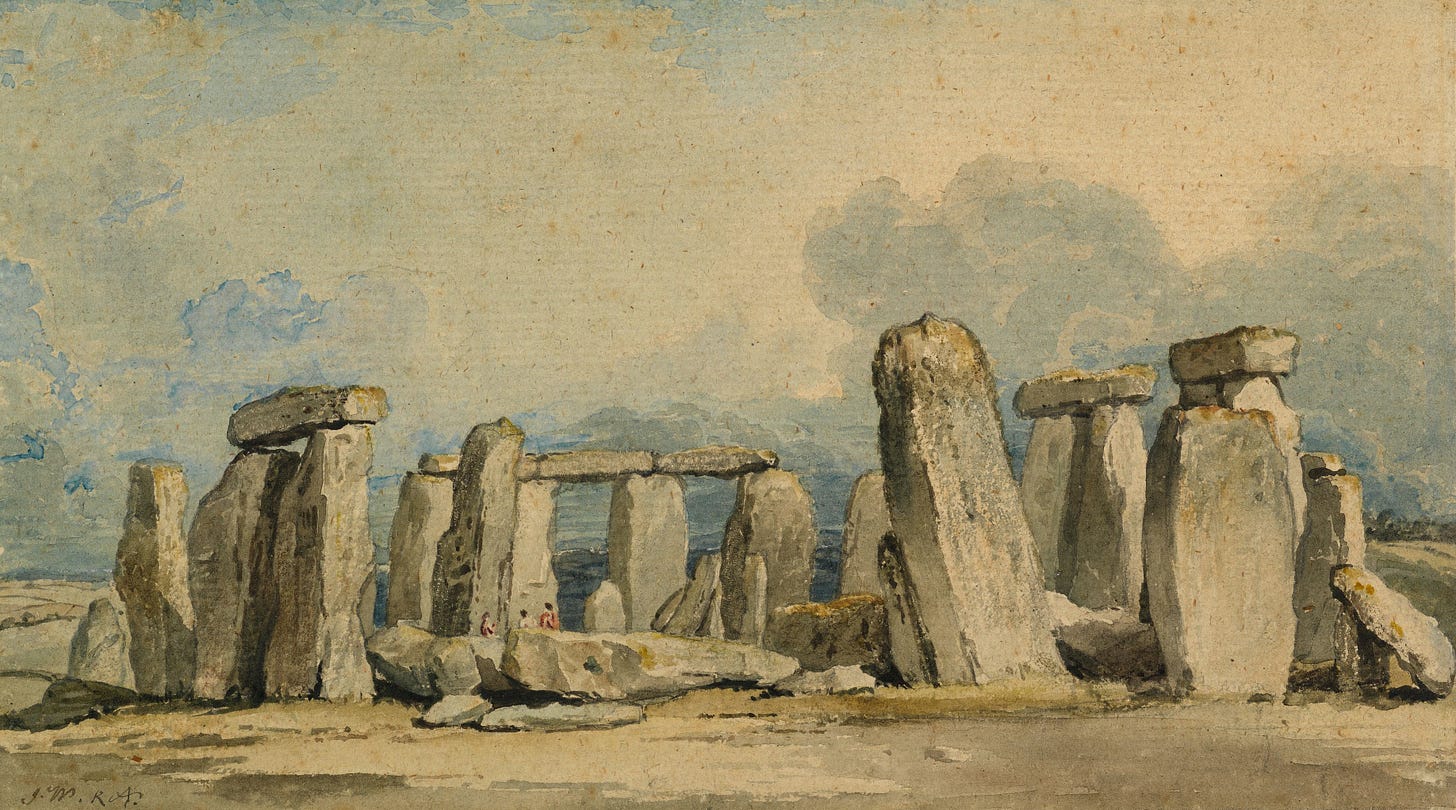Stoicism has limits, probably
We can benefit from broadening our horizons
If I were six Rum and Cokes deep at my local watering hole and asked a stranger for life advice, and stipulated that they couldn't mention their ex-wife or Joe Rogan, then I imagine they’d likely quote a Stoic. At the very least they might mention a Stoic principle, like "focus on what you can control" or "there is nothing either good or bad, but thinking makes it so" (yes, that's Shakespeare but it expresses a Stoic concept, so lay down your pitchforks).
In case the scenario above seems far-fetched, what I'm trying to say is this: Stoicism is popular. It's also practical and helpful, but there's also a few factors that I see for its rise in popularity:
It's secular. You likely won't offend the religious or sound like you're trying to proselytize to the atheists in the room.
It's accessible. No strange German words to deal with. Or terms like phenomenology. I guess there's a sprinkle of Latin but that's to show it's legit. Amor fati, dude. You heard of it?
It's ancient. It's stood the test of time, so that must means its true.
Marcus Aurelius – badass emperor. Killed by Joaquin Phoenix in Gladiator. Epictetus? Unbreakable slave dude. The Django of Hierapolis.
Some cross-pollination with other cultural trends, like hustle culture. I.e., Apply the lessons of an ancient Warrior-Emperor to become a respected business leader.
Super effective communicators like Ryan Holiday, as well many other writers and scores of content creators online that make it easy to consume.
It occurred to me while reading Hegel: A Very Short Introduction1, that due to the reasons above, we've probably over-indexed on Stoicism. "We" being the people who consume popular philosophy content.
One of Hegel's key contributions was to consider different schools of philosophy as products of their time and to recognize that the human condition could change significantly from one historical era to another. This is what he believed about Stoicism:
The spread of these philosophical schools was… a result of the helplessness that the individual, who sees himself as a free being, must feel in the face of a domineering power he is unable to influence. The retreat into philosophy is, however, a negative response to this situation; it is a counsel of despair in the face of a hostile world.
Surely, many of us have felt this way in response to different events in our lives. But does it make sense to apply a way of thinking, molded by such bleak conditions, as our main lens towards… everything?
Let's not forget that many thinkers in Western philosophy were completely aware of Stoicism, interpreted it, and still had important contributions to make. Eastern philosophy too, arrived at sometimes similar and sometimes differing viewpoints, but is no less significant.
What I’d argue is that it’s impossible to put together a way of thinking that is universally true and helpful one-hundred percent of the time. If someone is already taking the time to dig into Stoicism, and they found it interesting or helpful, why stop there? Some of the best learning can take place when you contrast ideas.
I think that’s what makes Alan Watt’s lectures, for example, so compelling. A lot of the time, he’s effectively completing an analysis of comparative religion, relating his study of Eastern religions to his background as a former Episcopalian priest. The truth lands somewhere in the middle.
There is no one philosophy to live life by. We can, however, turn to different schools of thought at different times in our lives, in response to different situations, and develop our own individual sense of the world.
If you’re looking for a place to start, here are a couple of my favorites:
The Consolations of Philosophy by Alain de Botton
The Marginalian by Maria Popova
Absolutely love the Very Short Introduction series. I’ve read through a few of these now and can wholeheartedly recommend checking out a few that catch your interest.


